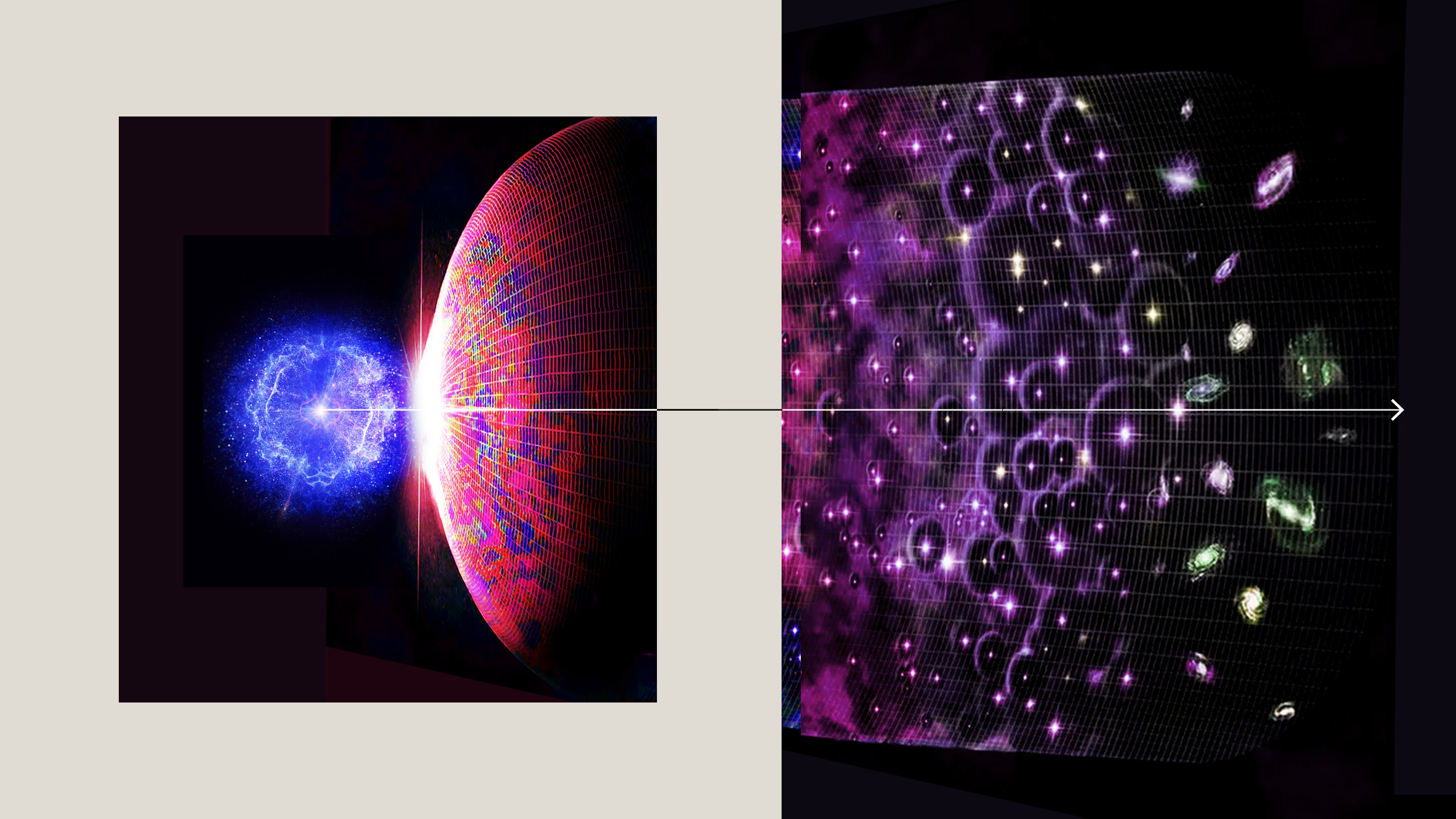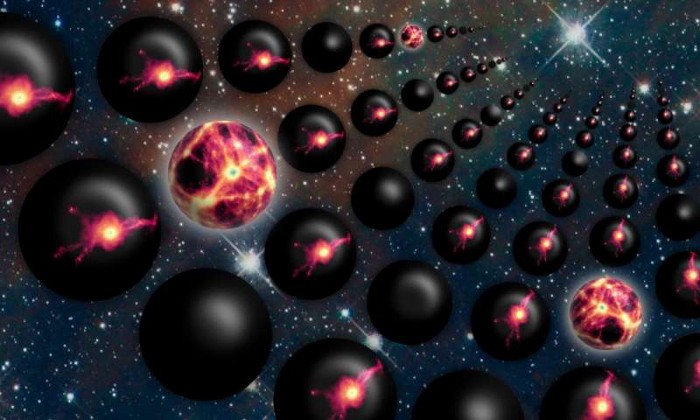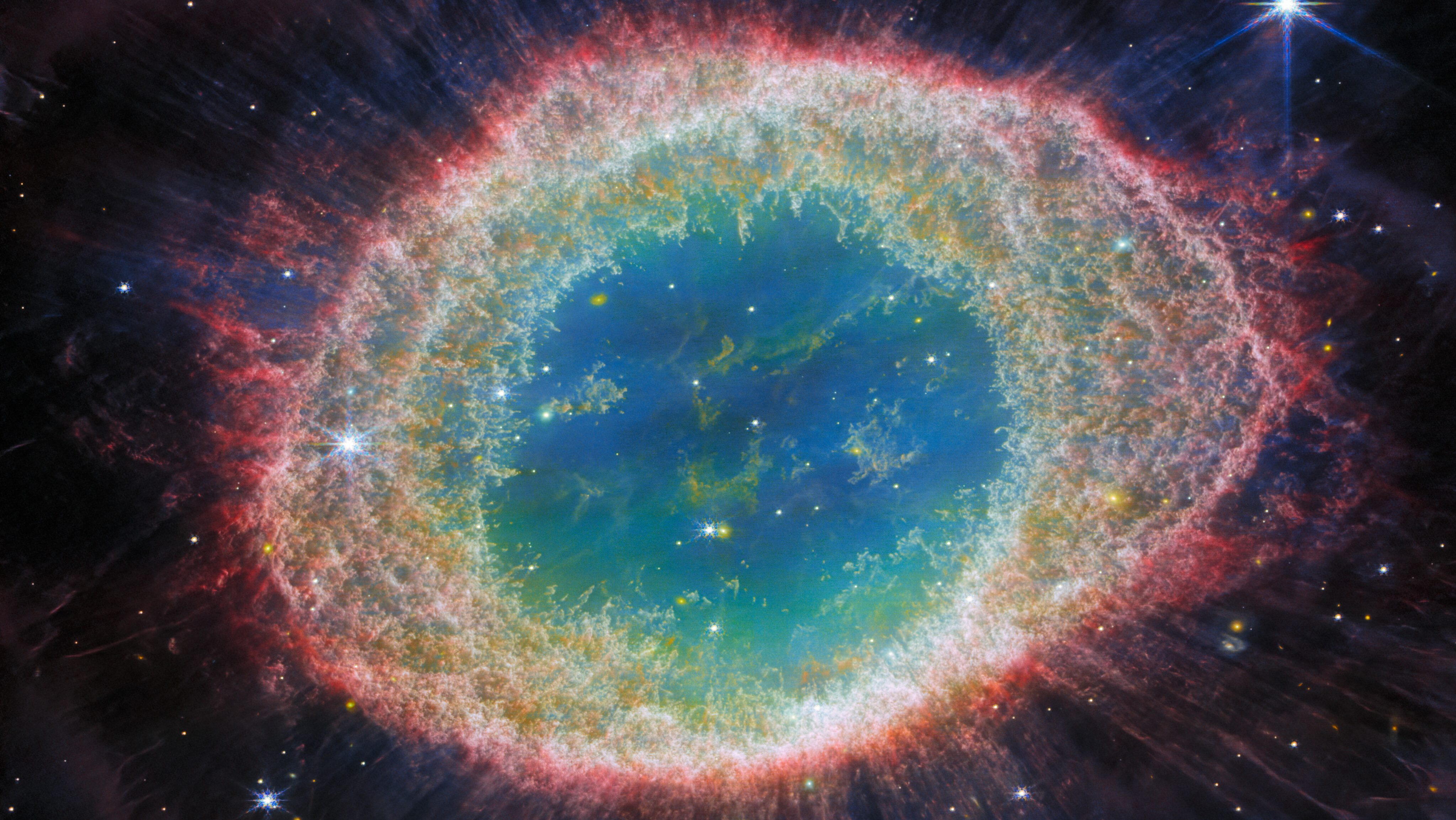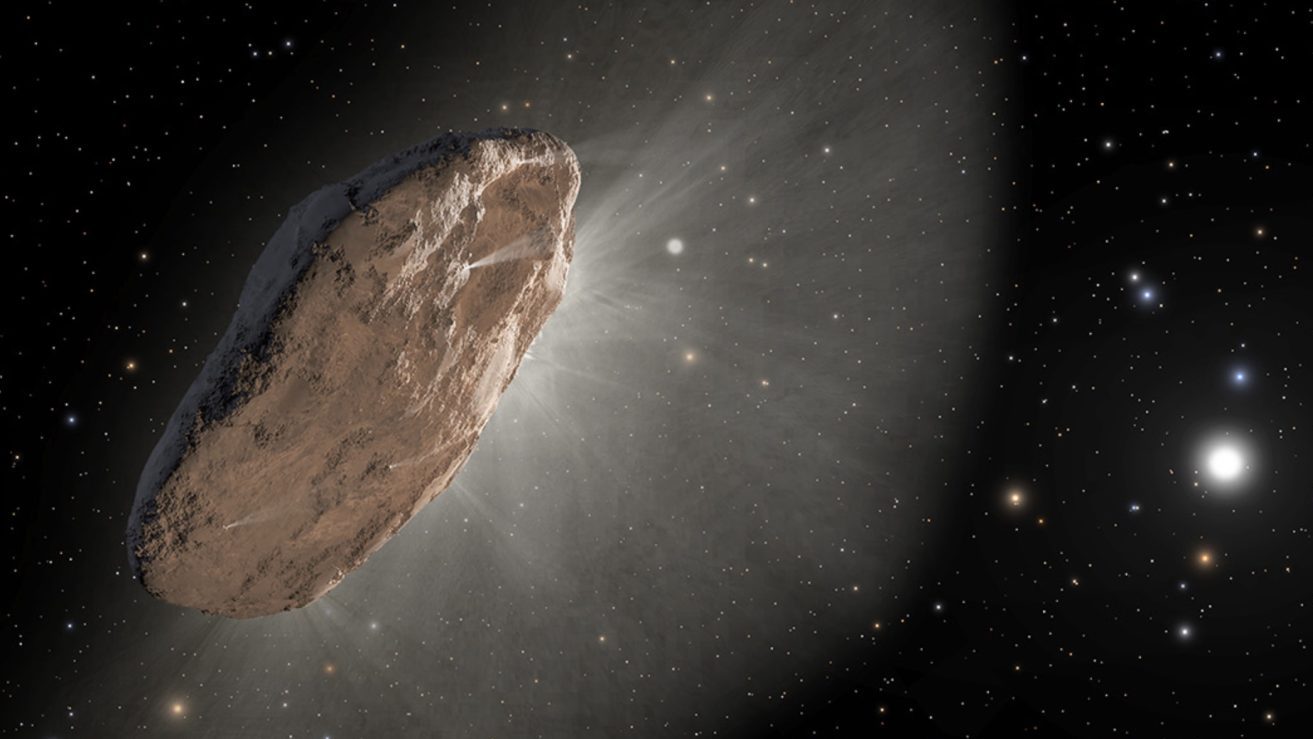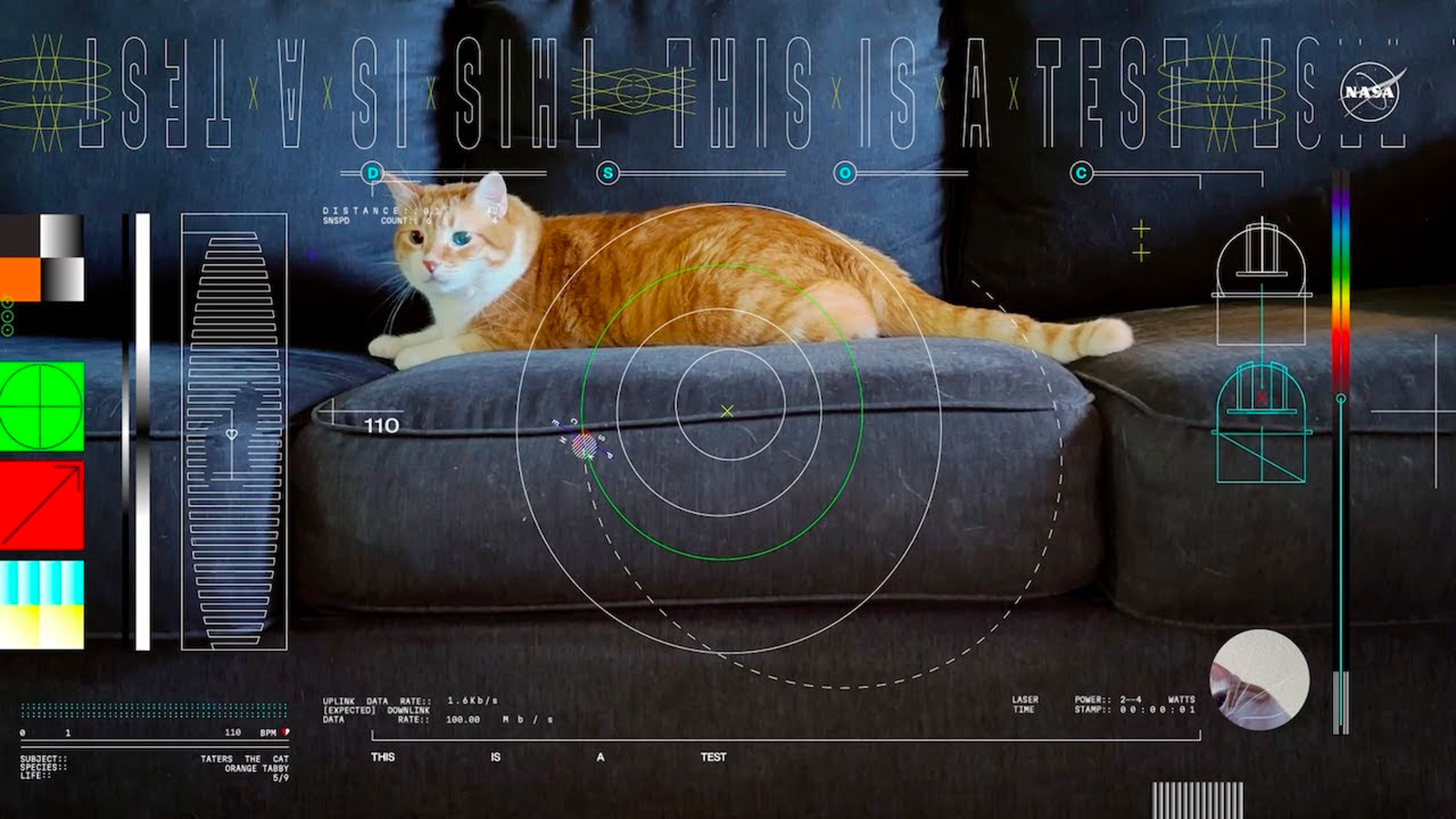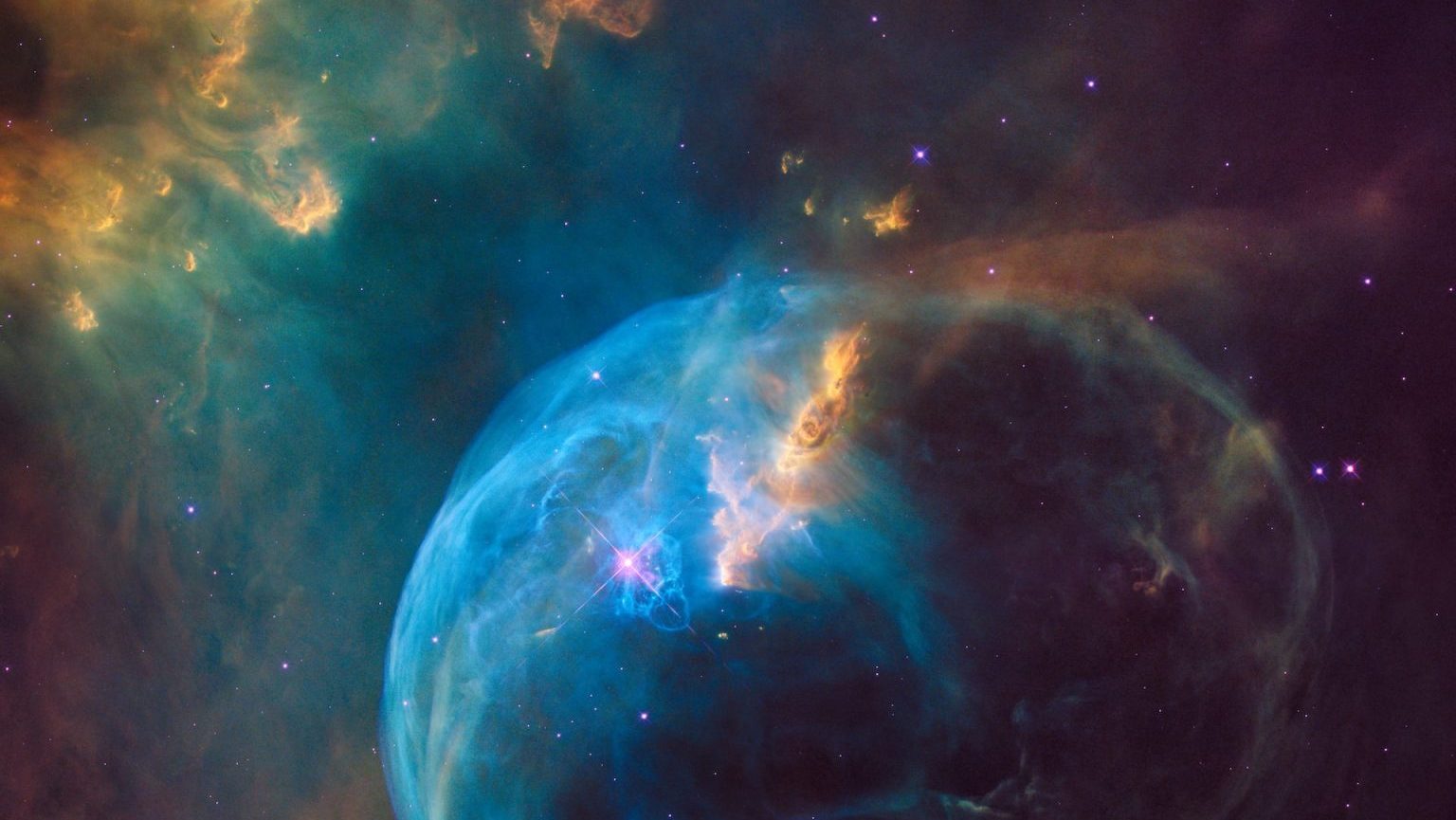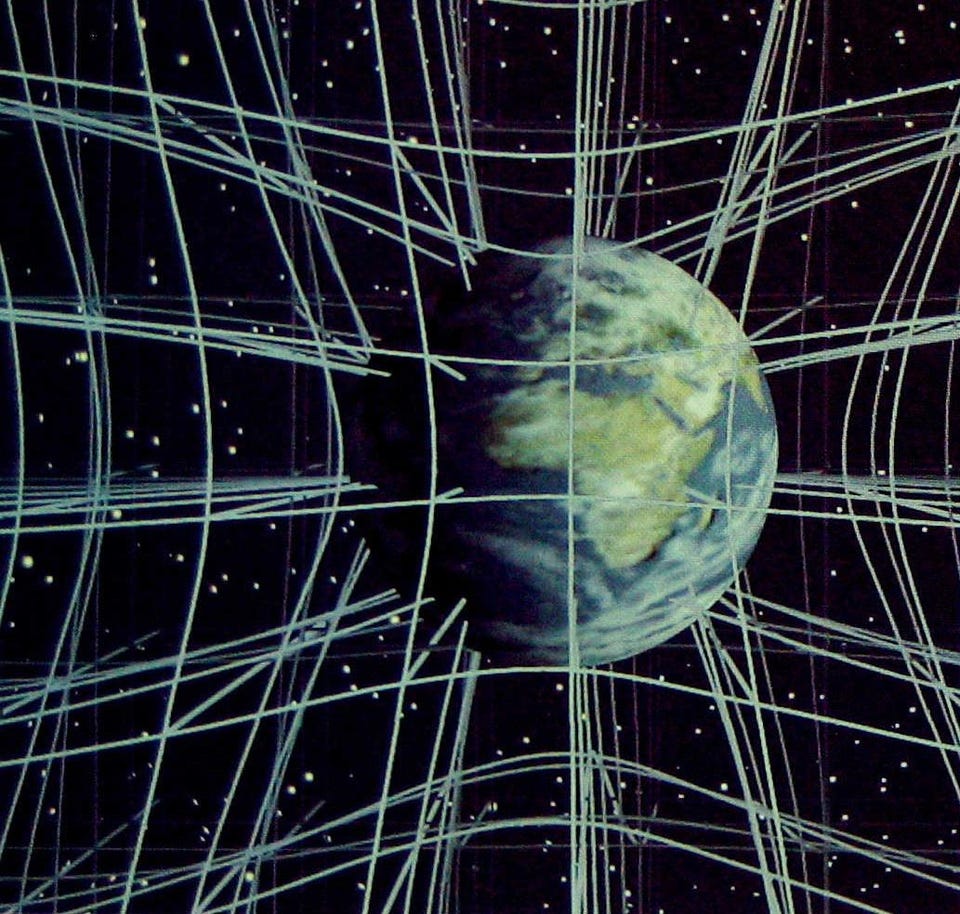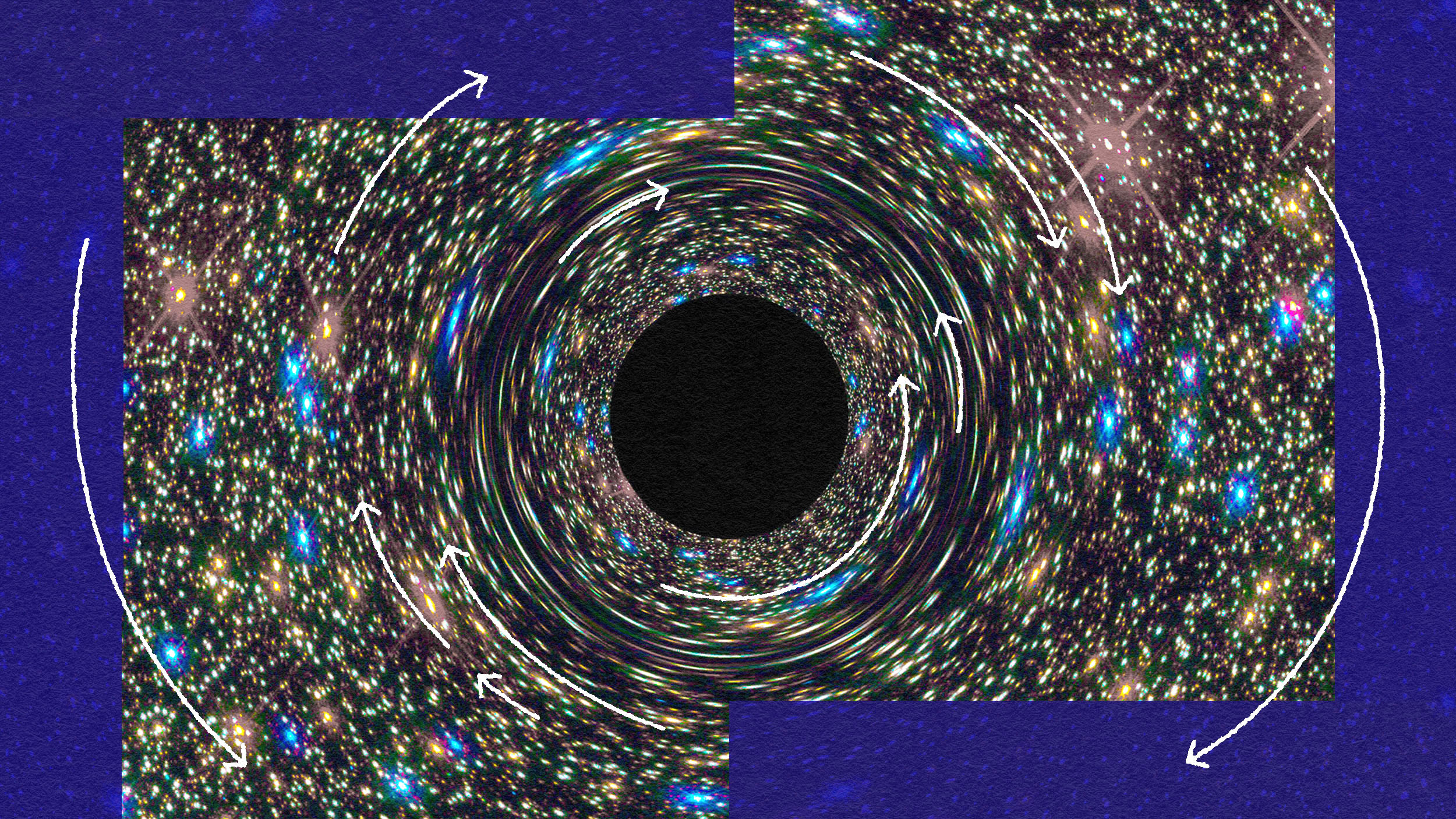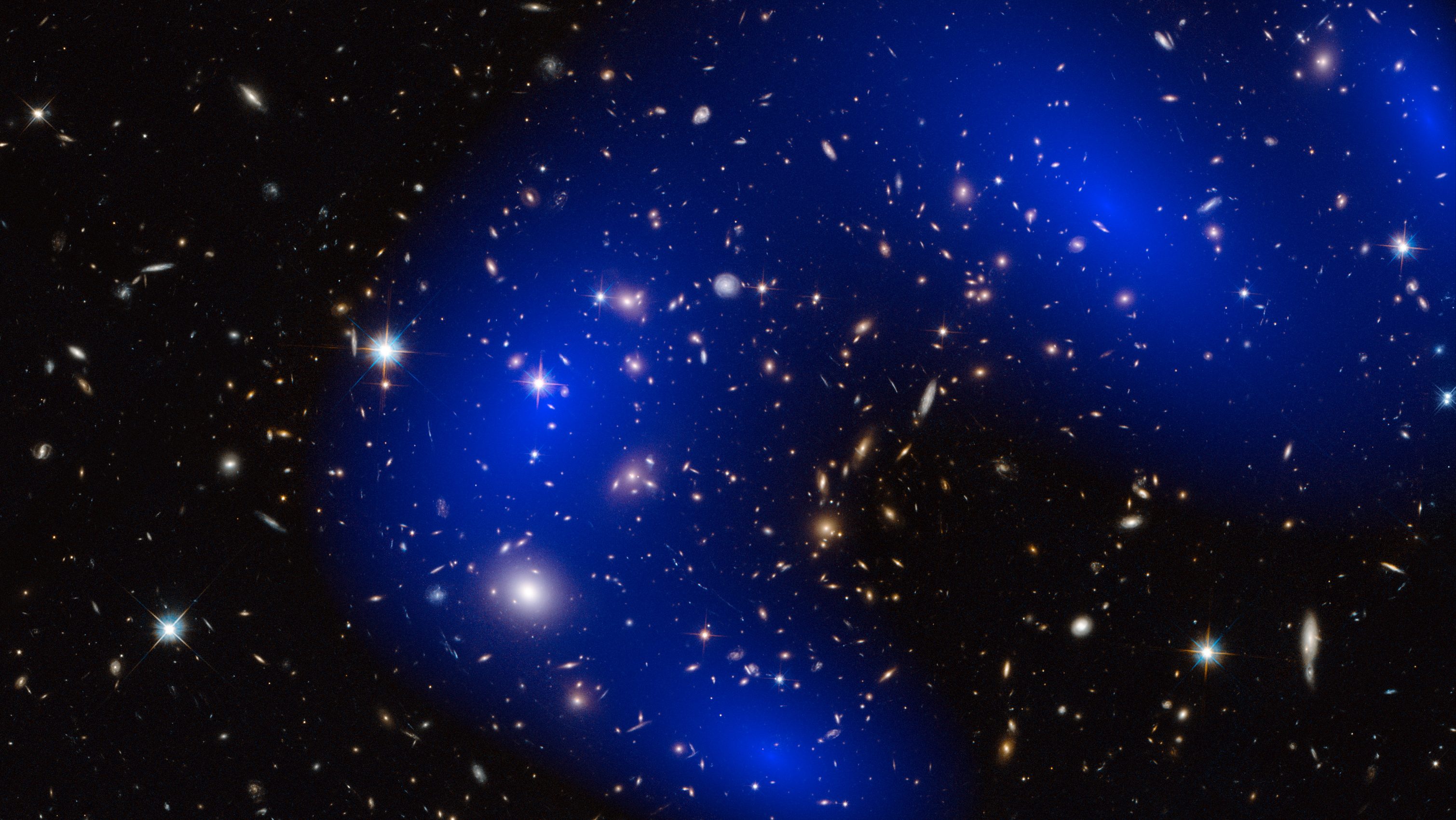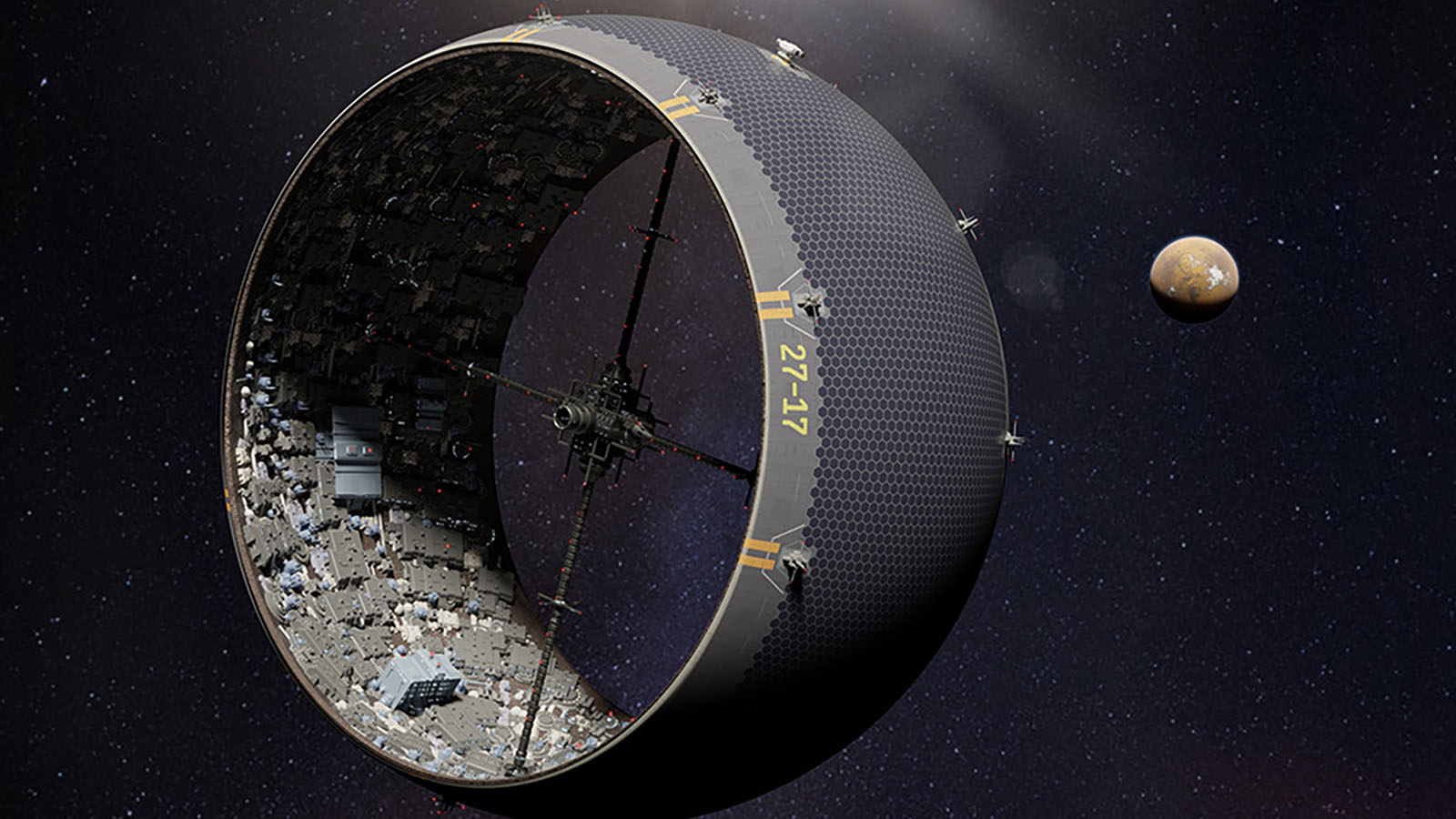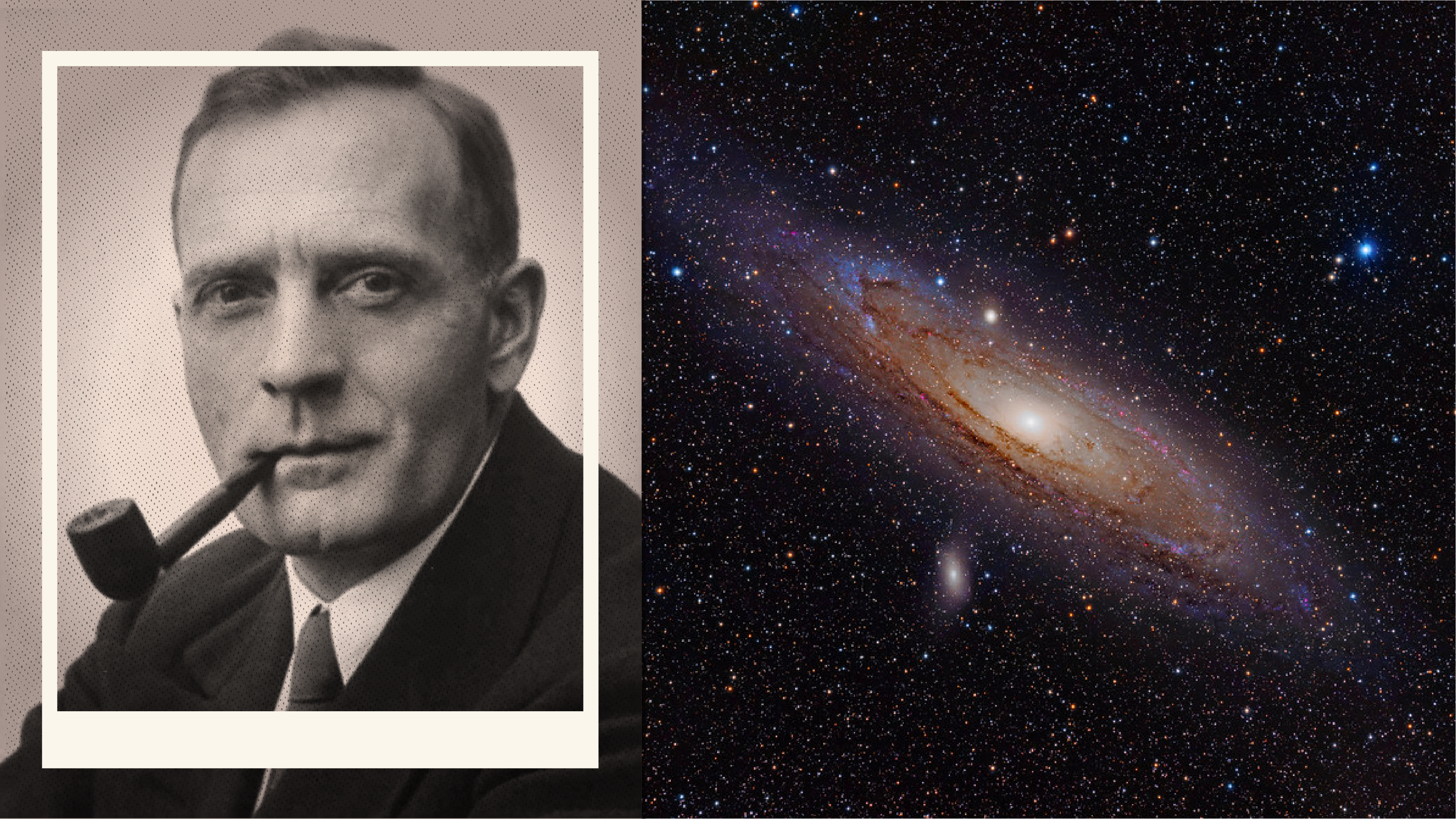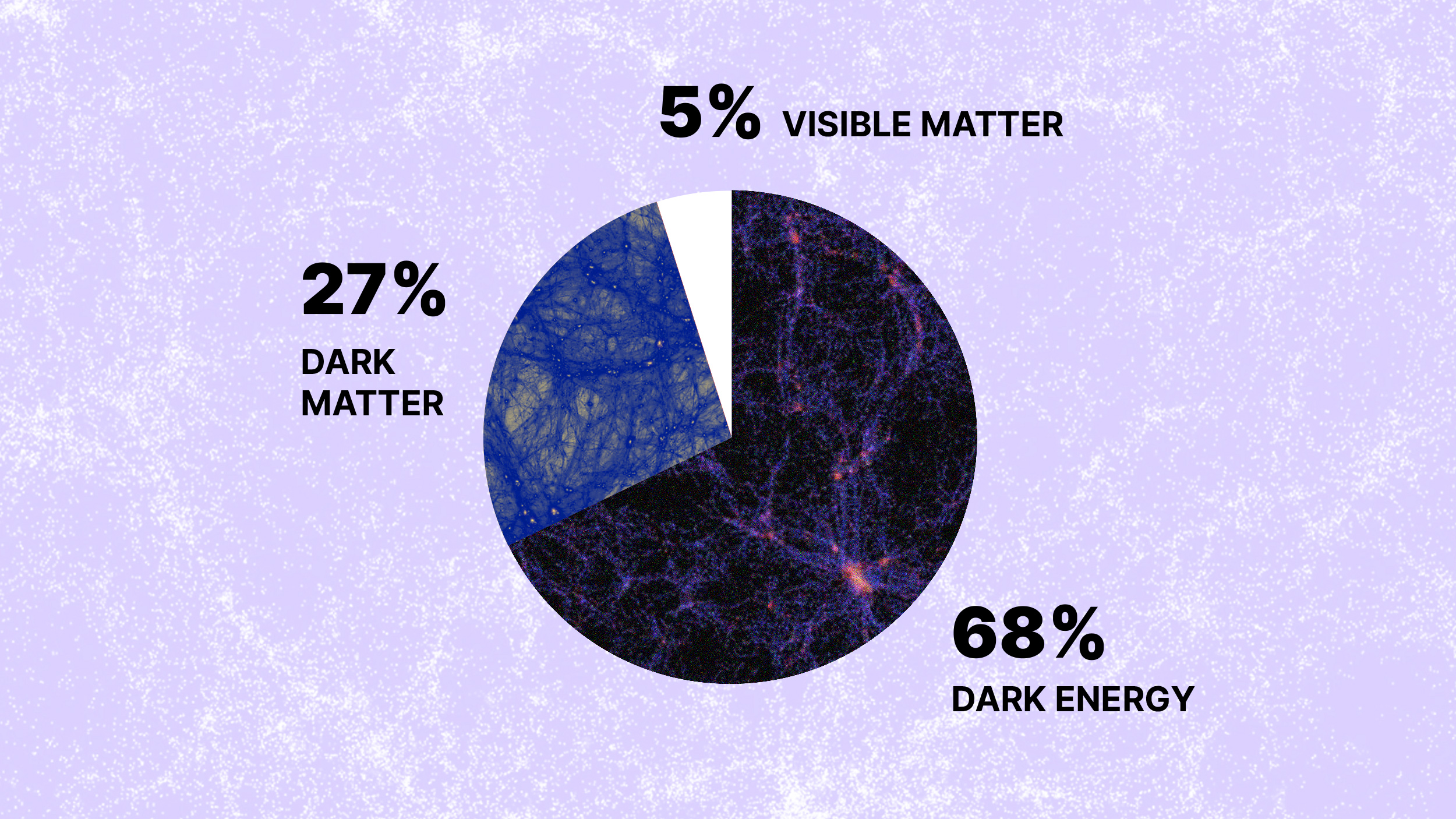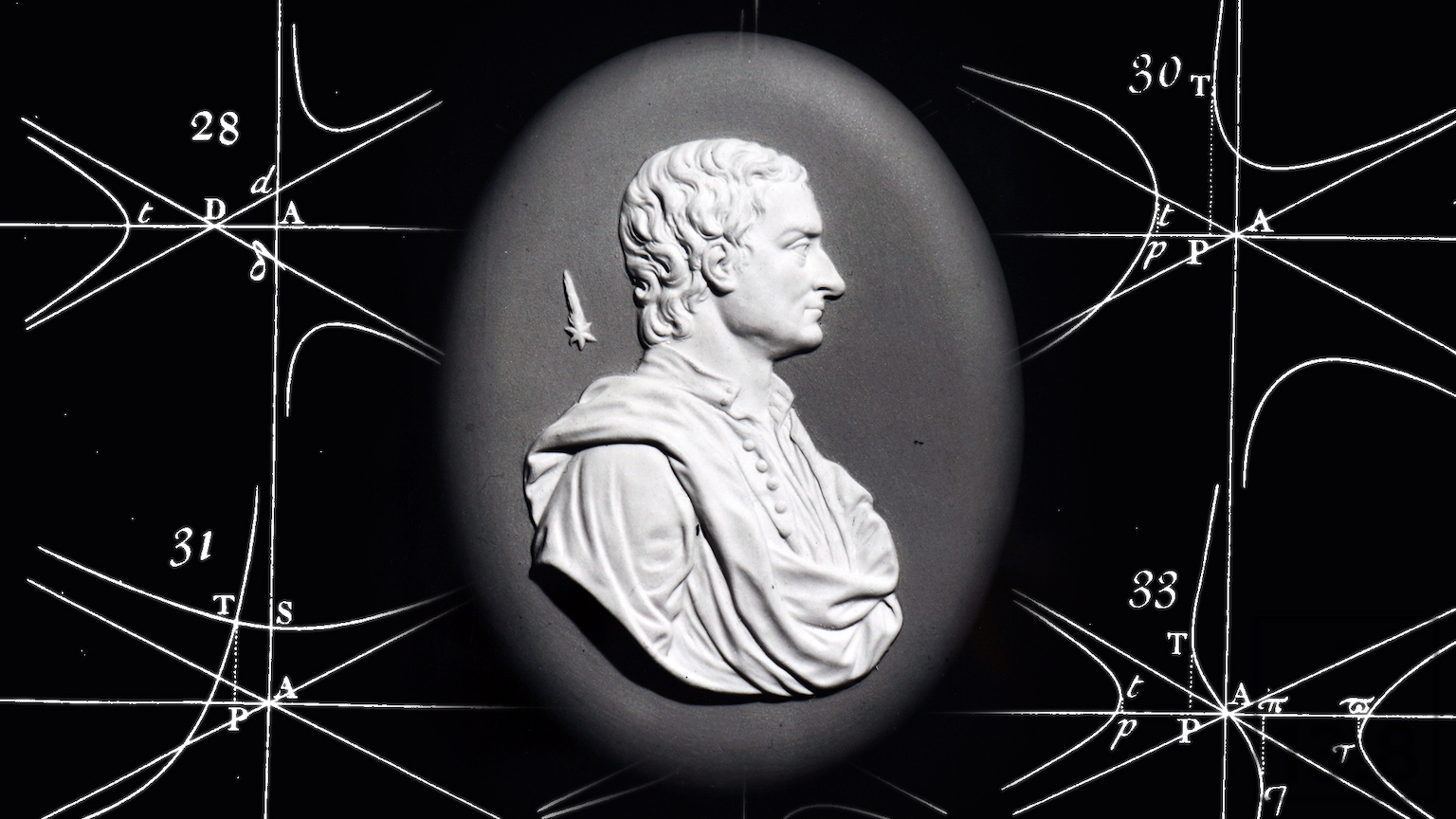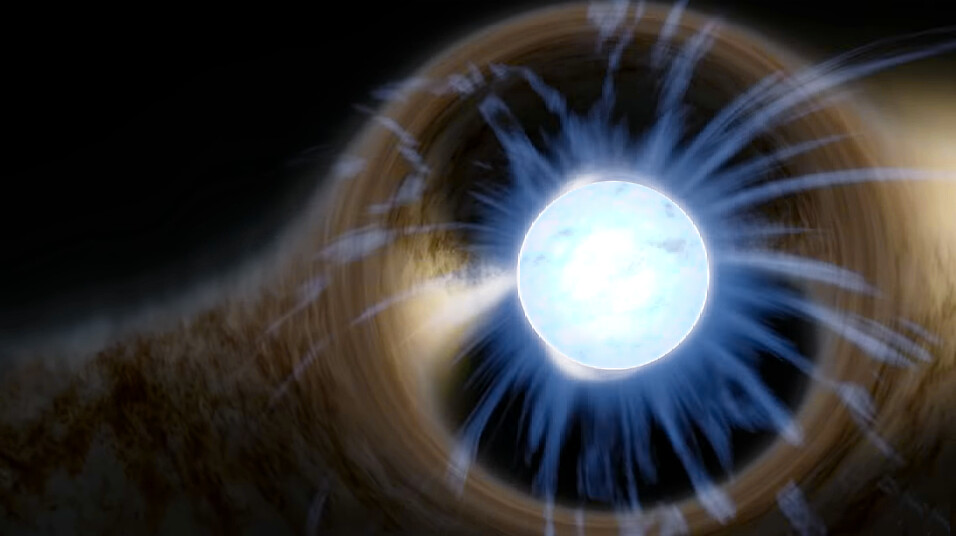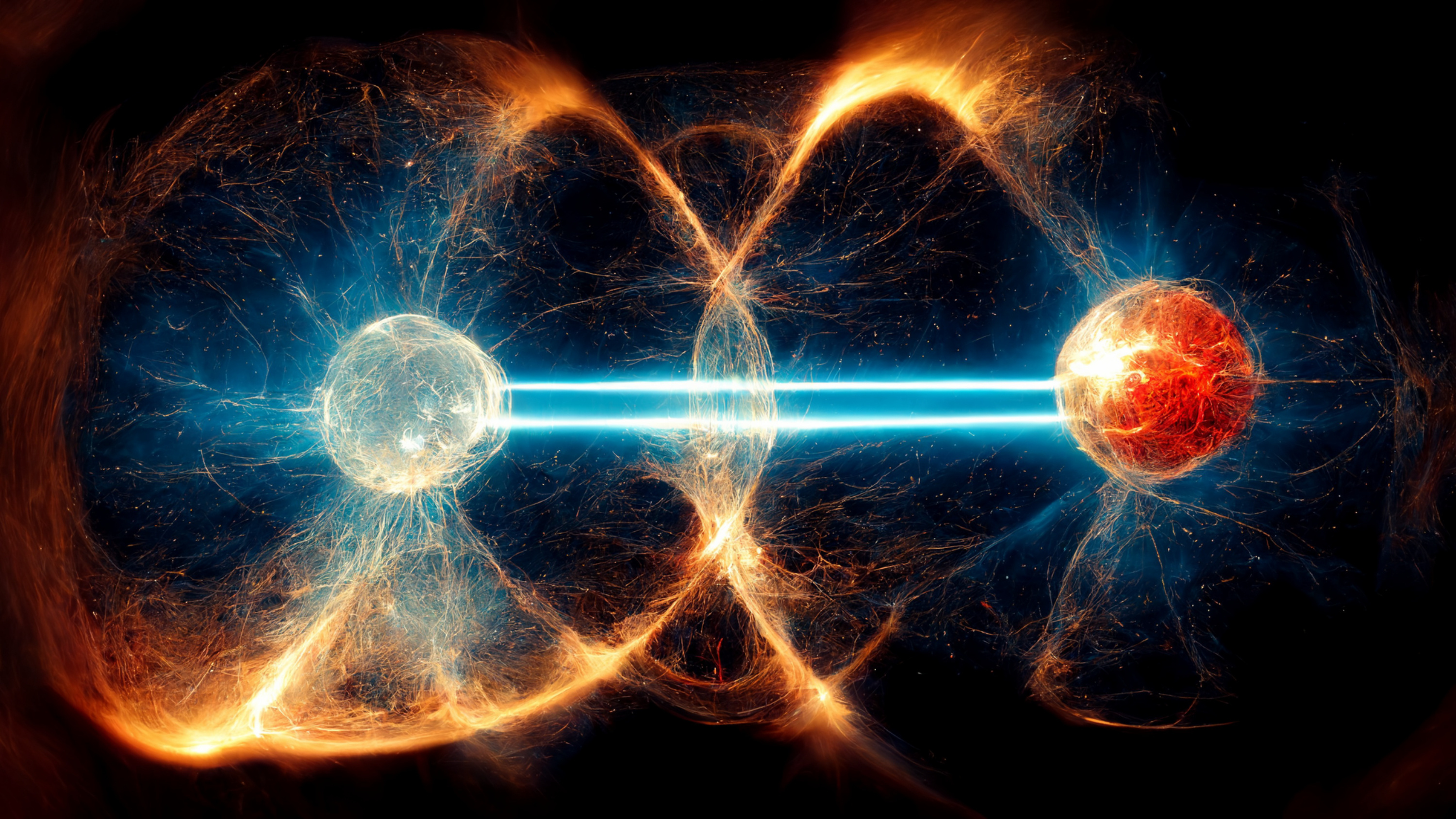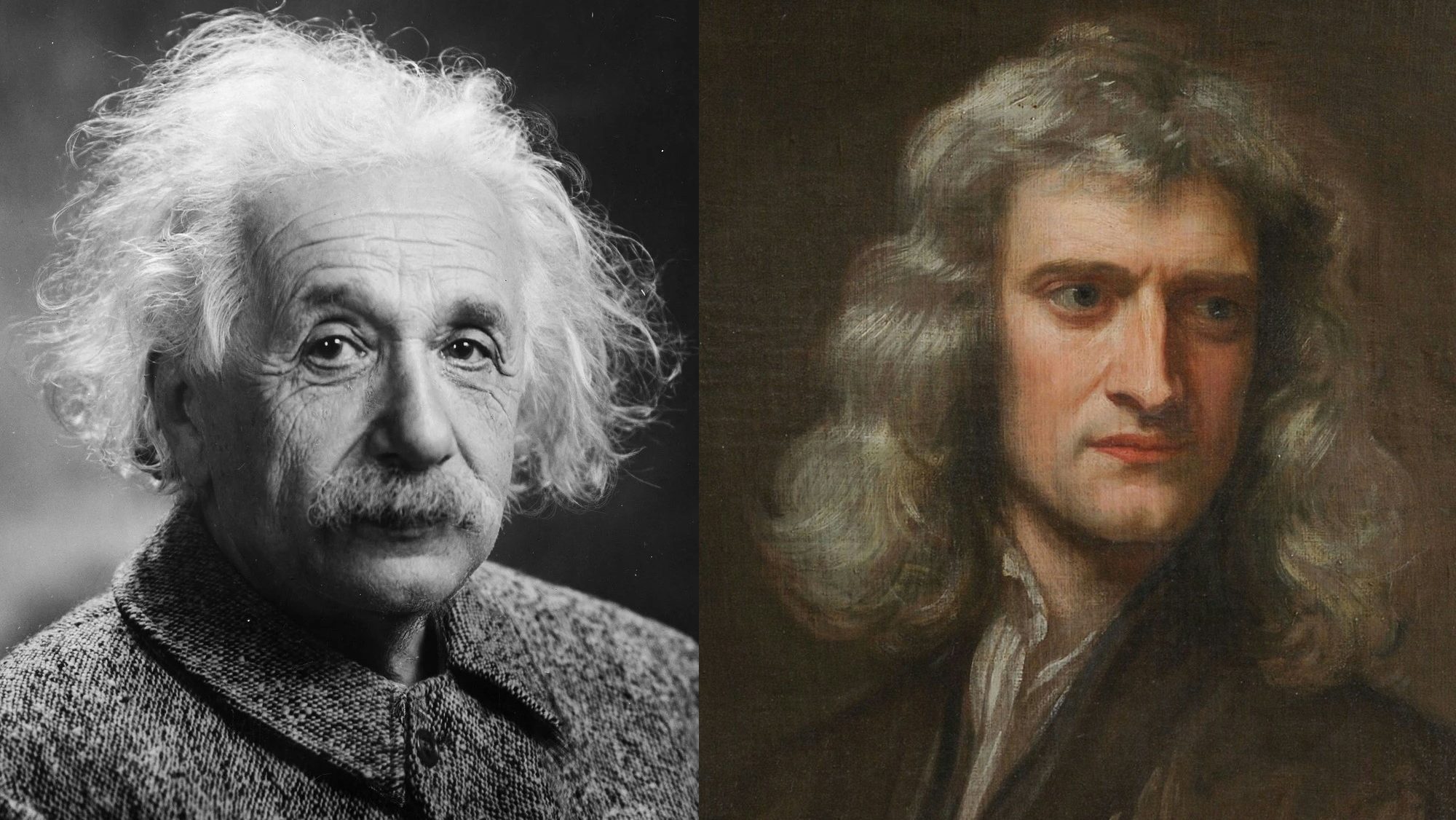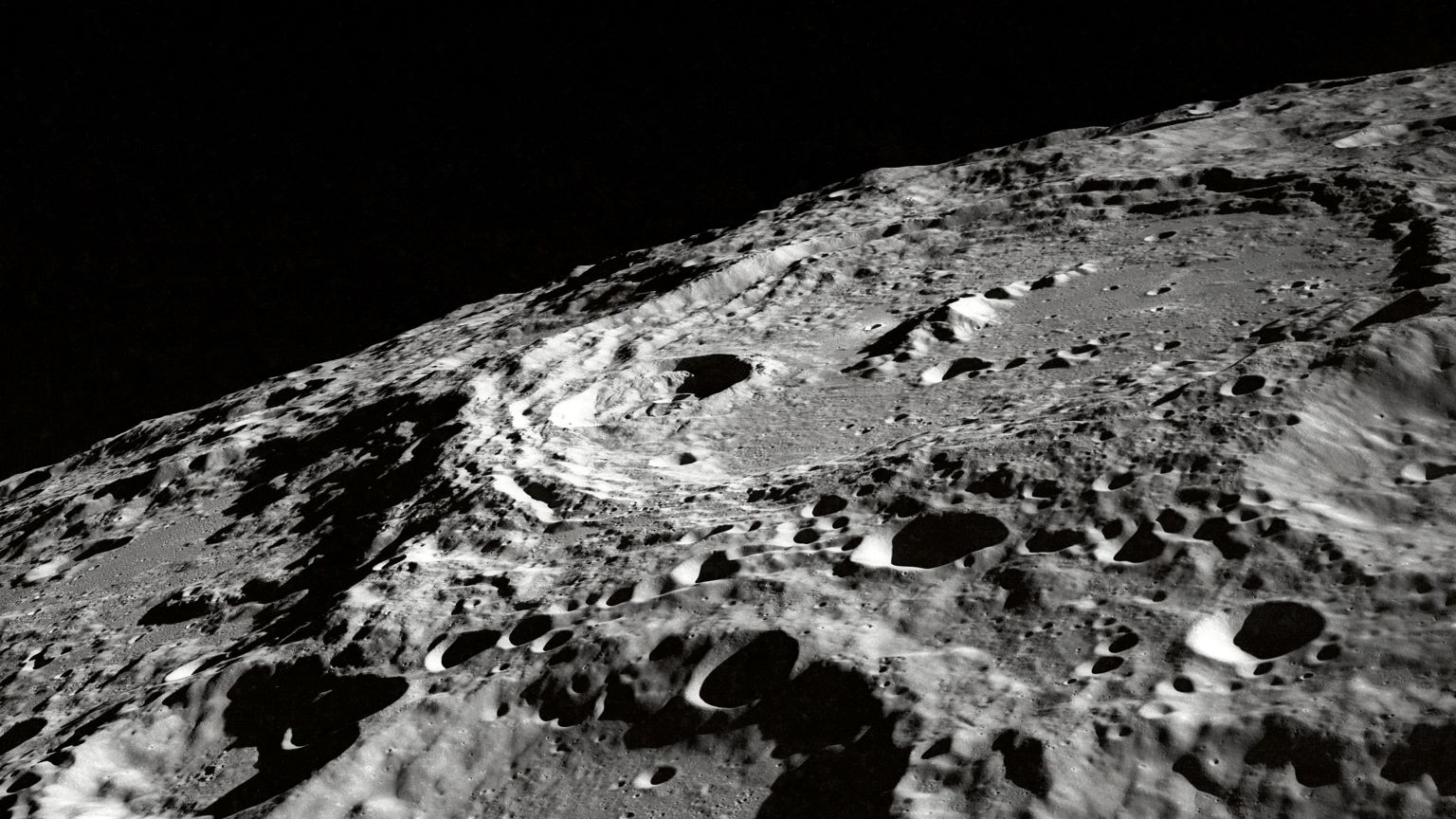The science fiction dream of a traversable wormhole is no closer to reality, despite a quantum computer’s suggestive simulation.
Search Results
You searched for: gravity
Dark matter has never been directly detected, but the astronomical evidence for its existence is overwhelming. Here’s what to know.
The passage of time is something we all experience, as it takes us from one moment to the next. But could it all just be an illusion?
On the largest of cosmic scales, the Universe is expanding. But it isn’t all-or-nothing everywhere, as “collapse” is also part of the story.
The Universe’s history, from cosmic inflation to the Big Bang to the present, is known. But whether it’s infinite or not is still a mystery.
At a fundamental level, nobody knows whether gravity is truly quantum in nature. A novel experiment strongly hints that it is.
The Universe is an amazing place. Under the incredible, infrared gaze of JWST, it’s coming into focus better than ever before.
The detection of two celestial interlopers careening through our solar system has scientists eagerly anticipating more.
To Fred Hoyle, the Big Bang was nothing more than a creationist myth. 75 years later, it’s cemented as the beginning of our Universe.
Two very different ideas, wormholes and quantum entanglement, might be fundamentally related. What would “ER = EPR” mean for our Universe?
The record-breaking transmission could revolutionize deep space communication.
Computer Space lacked a critical ingredient that the other games possessed: gravity.
Your life’s memories could, in principle, be stored in the universe’s structure.
The idea of gravitational redshift crossed Einstein’s mind years before General Relativity was complete. Here’s why it had to be there.
The Big Bang theory is not threatened, but astrophysicists have some explaining to do.
There are a wide variety of theoretical studies that call our Standard Model of cosmology into question. Here’s what they really mean.
The authors call it “wildly theoretical” — but let’s take a look, anyway.
By probing the Universe on atomic scales and smaller, we can reveal the entirety of the Standard Model, and with it, the quantum Universe.
The first observational evidence showing the Universe is expanding is 100 years old now: in 2023. Here’s the story of its 100th anniversary.
Early on, only matter and radiation were important for the expanding Universe. After a few billion years, dark energy changed everything.
From the Big Bang to black holes, singularities are hard to avoid. The math definitely predicts them, but are they truly, physically real?
From physics and alchemy to theology and eschatology, Isaac Newton’s research was rooted in a personal pursuit of the Divine.
Neutrons can be stable when bound into an atomic nucleus, but free neutrons decay away in mere minutes. So how are neutron stars stable?
Quantum entanglement may remain spooky, but it has a very practical side.
Explore how the study of exoplanets is transforming our understanding of ocean formation.
In all of science, no figures have changed the world more than Einstein and Newton. Will anyone ever be as revolutionary again?
“The surface is no longer a record of every impact the moon has ever had, because at some point, impacts were erasing previous impacts.”
We cannot afford to dream about living on other worlds while we continue to destroy ours.
Contrary to conventional wisdom, matter can escape the center of the Earth.



